Catalog
Italian Chairmanship of the Committee of Ministers of the Council of Europe
Published :
11/19/2021 12:53:39
Categories :

On 17 November Italy took over the Chairmanship of the Committee of Ministers of the Council of Europe from Hungary during a meeting with representatives of the Organisation’s 47 member states.
Italy will focus on three main themes: recommitting to our shared principles and values; enhancing women’s empowerment and the rights of children and adolescents; and building a people-centred future.
On this occasion, the Directorate of Communications of the Council of Europe invites you to discover a selection of publications to order (http://book.coe.int) and free downloadable information material (http://edoc.coe.int) in Italian language.
|
Publications available on order (paper and pdf): book.coe.int |
|
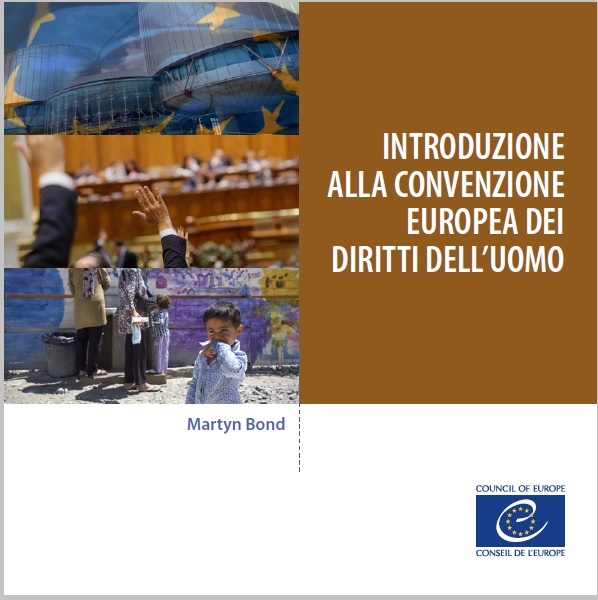 |
Introduzione alla Convenzione europea dei diritti dell’uomo Diritto alla vita, proibizione della tortura, libertà di pensiero, di coscienza e di religione, libertà di espressione, diritto al matrimonio… Sapevate che tutti questi diritti e molti altri sono tutelati dalla Convenzione europea dei diritti dell’uomo? Martyn Bond, l’autore di questo libro illustra, in modo semplice e chiaro, usando esempi specifici, ciascuno di questi diritti. Colloca inoltre l’azione della Corte europea dei diritti dell’uomo nel quadro più ampio del Consiglio d’Europa e delle sue attività, che perseguono gli stessi ideali. |
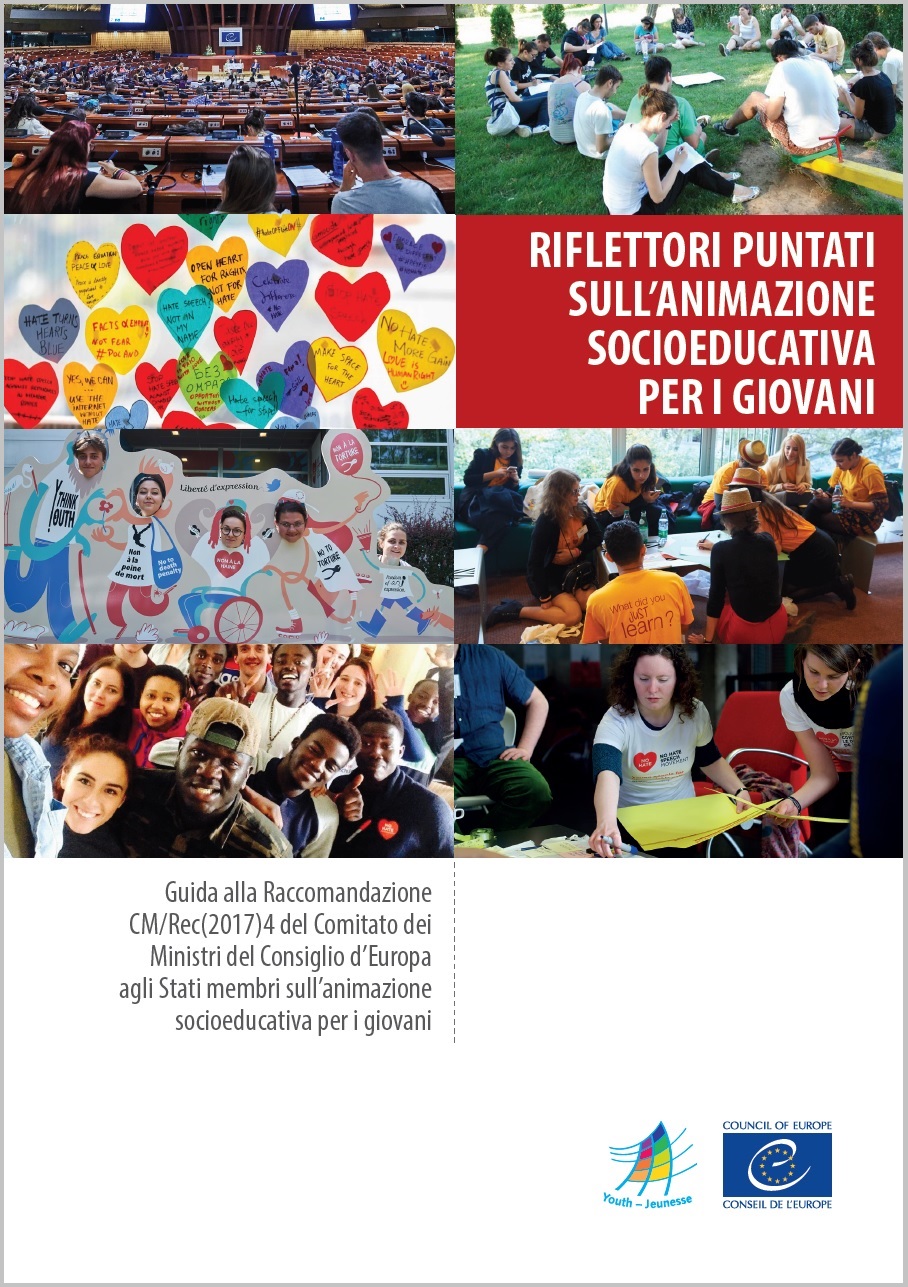 |
Riflettori puntati sull'animazione socioeducativa per i giovani La presente pubblicazione è un accompagnamento alla raccomandazione CM/Rec(2017)4 sull’animazione socioeducativa per i giovani. Intende portare il suo contenuto più vicino ai potenziali utenti e fornire informazioni e una guida passo per passo sull’attuazione della raccomandazione. La pubblicazione offre anche consigli ed esempi di azioni da adottare e di politiche da sviluppare così che l’animazione socio-educativa possa essere in primo piano nelle politiche giovanili e possa fare la differenza nella vita dei giovani. |
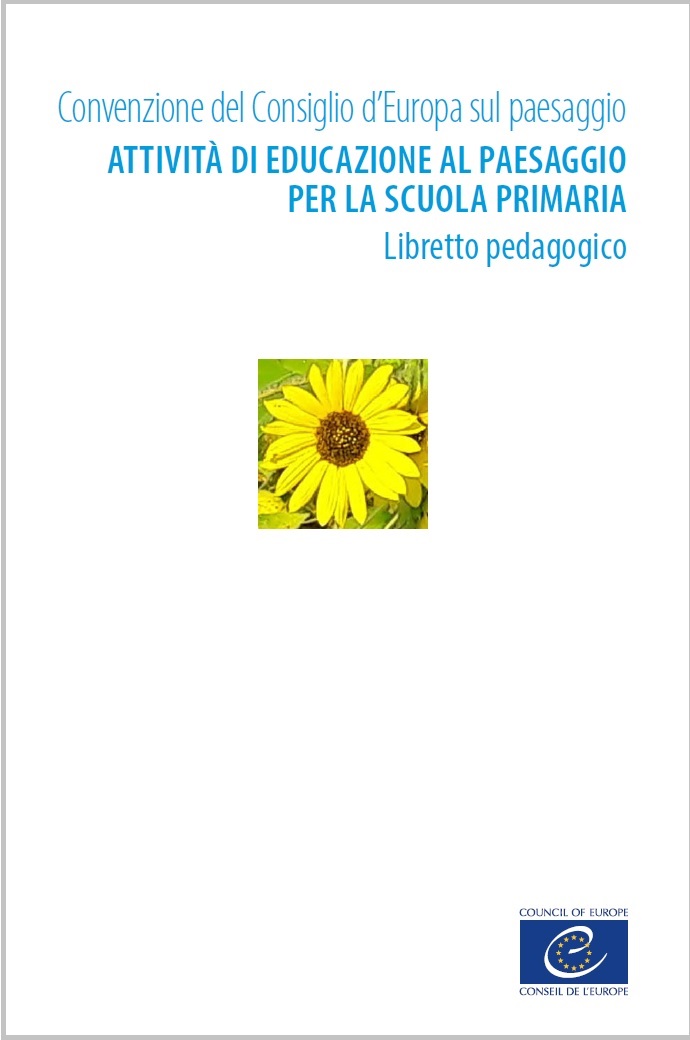 |
Attività di educazione al paesaggio per la scuola primaria- Libretto pedagogico Questo opuscolo pedagogico mira a suscitare la curiosità e l’interesse degli alunni per il paesaggio, invitandoli a riflettere su ciò che intendono per “paesaggio” e a considerarlo nelle sue dimensioni ambientali, sociali, culturali ed economiche, sia nello spazio che nel tempo. Le attività proposte intendono portare gli alunni a immaginare quale potrebbe essere il loro ruolo, come individui e membri della società, al fine di essere attivamente coinvolti nel paesaggio. |
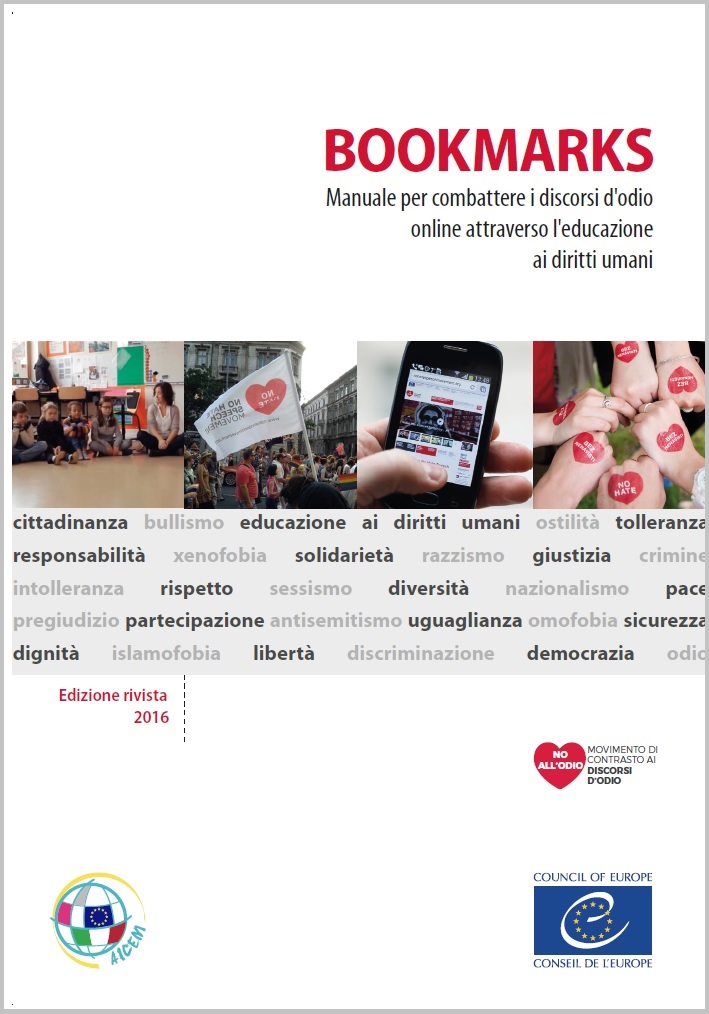 |
Il Bookmarks è utile per quegli educatori e operatori giovanili che intendono affrontare i discorsi d'odio on line attraverso una prospettiva basata sui diritti umani, sia all'interno che all'esterno del sistema educativo formale. Il manuale è strutturato per lavorare con giovani tra i 13 e i 18 anni, ma le attività possono essere adattate ad altre fasce d'età. |
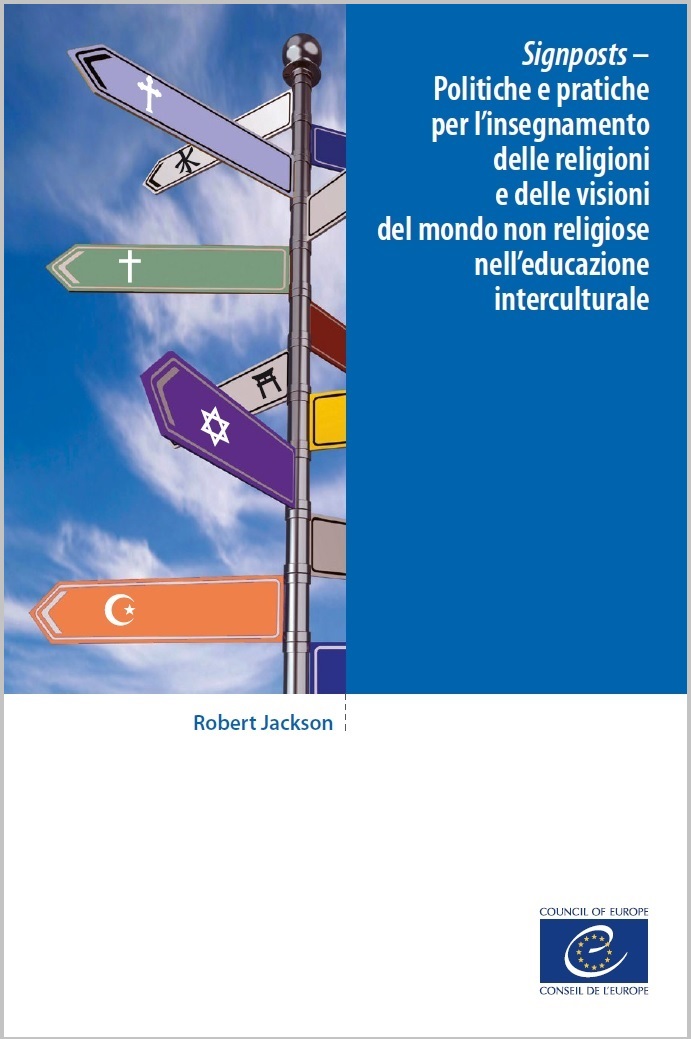 |
Nella sua raccomandazione CM/Rec(2008)12 sulla dimensione delle religioni e delle convinzioni non religiose nell'educazione interculturale, il Comitato dei Ministri del Consiglio d'Europa mira a spiegare la natura e gli obiettivi di questa forma di educazione. Signposts non è un piano di studi né un manifesto politico. Esso si prefigge di dare ai decisori politici, agli istituti scolastici e ai formatori di insegnanti che operano negli Stati membri del Consiglio d’Europa, così come ad altri che vogliano farne uso, gli strumenti per trattare trasversalmente i problemi che derivano dalla interpretazione della Raccomandazione, al fine di rispondere alle esigenze particolari di ciascun paese. |
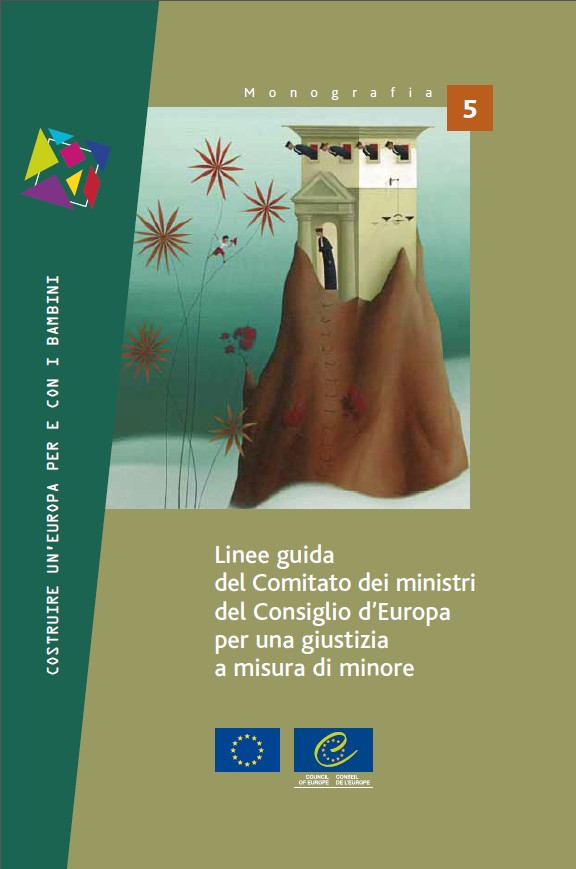 |
Linee guida del Comitato dei ministri del Consiglio d'Europa per une giustizia a misura di minore Le linee guida, che si basano su vigenti norme europee e internazionali, in particolare sulla Convenzione delle Nazioni Unite sui diritti del fanciullo e sulla Convenzione europea dei diritti dell’uomo, sono finalizzate a garantire l’accesso effettivo dei minori alla giustizia e il loro trattamento adeguato in ambito giudiziario. Esse si applicano a tutte le circostanze in cui è probabile che i minori, per qualsiasi motivo o a qualsiasi titolo, entrino in contatto con il sistema amministrativo, civile o penale. Le linee guida richiamano e promuovono i principi dell’interesse superiore del minore, dell’attenzione e del rispetto, della partecipazione, della parità di trattamento e dello Stato di diritto. |
|
|
|
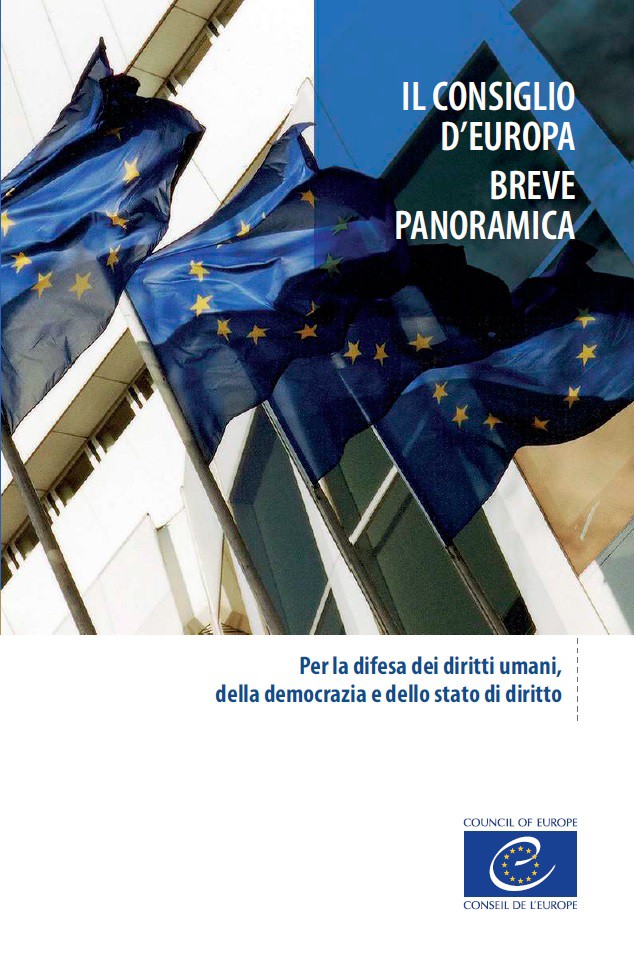 |
Il Consiglio d'Europa - Breve panoramica La presente pubblicazione propone una rapida rassegna delle attività e del funzionamento del Consiglio d’Europa. |
.jpg) |
Az Európa Tanács – Az emberi jogok védelmezöje Questo libretto presenta il Consiglio d'Europa, il guardiano dei diritti umani. Descrive il lavoro delle sue varie istituzioni e le sue attività di cooperazione internazionale. |
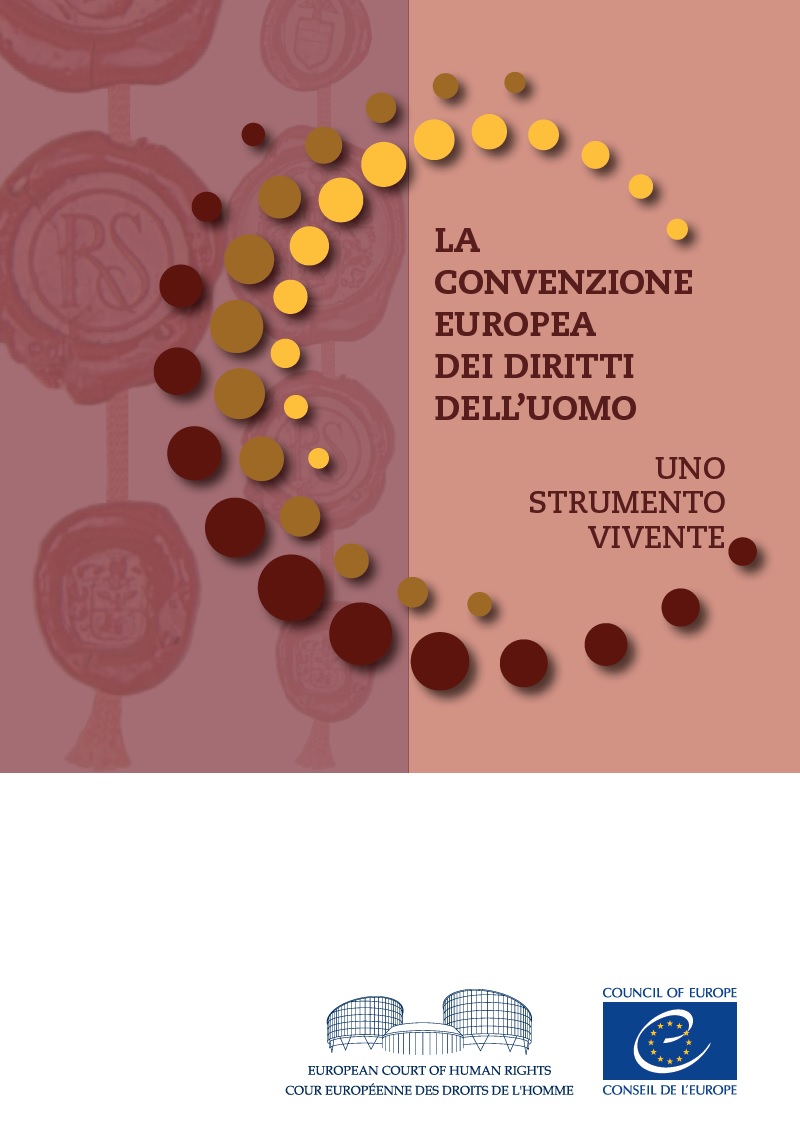 |
La Convenzione europea dei diritti dell’uomo - Uno strumento vivente La Convenzione europea dei diritti dell'uomo, firmata a Roma il 4 novembre 1950, è stato il primo strumento per codificare e far rispettare i diritti enunciati nella Dichiarazione universale dei diritti dell'uomo. Con l'adozione di protocolli aggiuntivi, il testo originale è stato esteso per includere una serie di altri diritti, in particolare la proibizione della pena di morte, la protezione della proprietà, il diritto a libere elezioni e la libertà di movimento. |
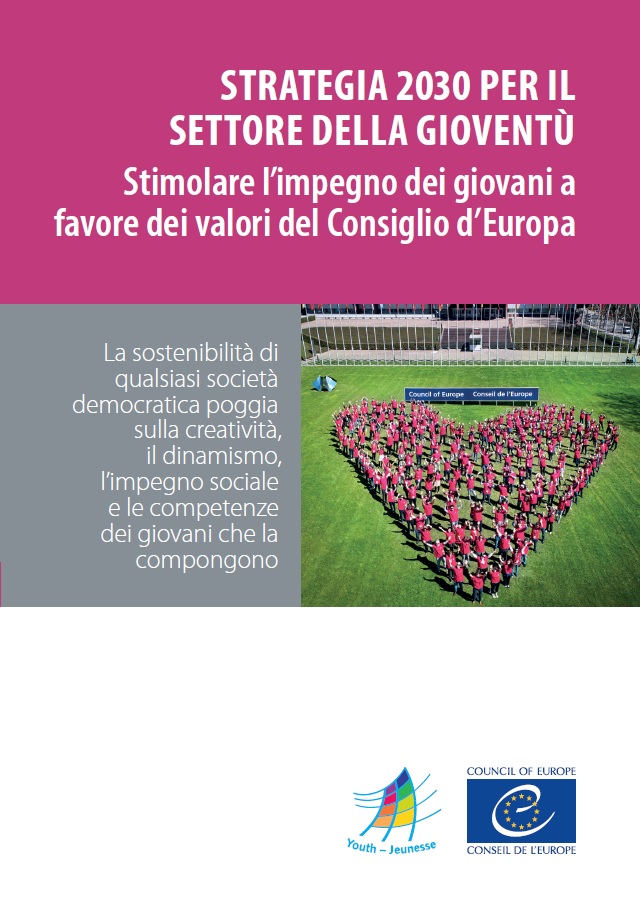 |
L'obiettivo del settore giovanile è quello di "mettere in grado i giovani europei di sostenere, proteggere, promuovere e sfruttare attivamente i valori fondamentali del Consiglio d'Europa (diritti umani, democrazia e stato di diritto)". |
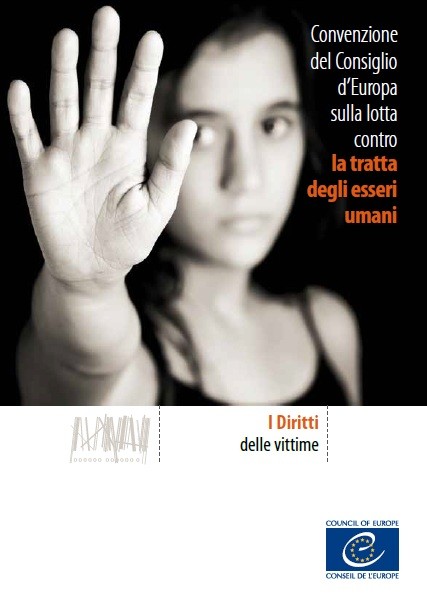 |
La Convenzione definisce il traffico di esseri umani come una violazione dei diritti umani e un attacco alla dignità e all'integrità umana. Ciò significa che le autorità nazionali possono essere ritenute responsabili se non adottano misure per prevenire la tratta, proteggere le vittime e indagare efficacemente su questi casi. |
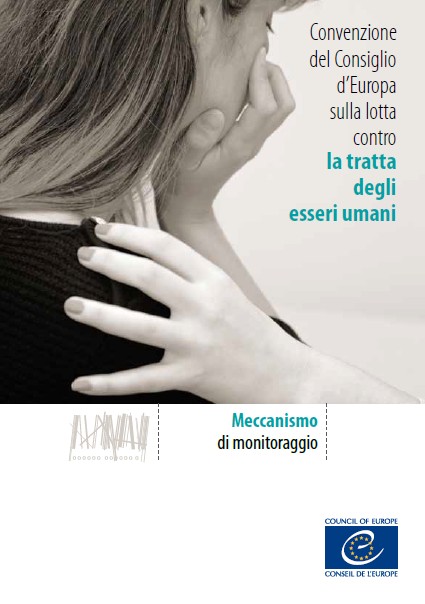 |
La Convenzione ha stabilito un meccanismo di monitoraggio indipendente per valutare come le sue disposizioni sono applicate in pratica. Questo meccanismo di monitoraggio, che è anche considerato il principale punto di forza della Convenzione, si basa su due pilastri: il Gruppo di esperti sull'azione contro il traffico di esseri umani (GRETA) e il Comitato delle Parti. |
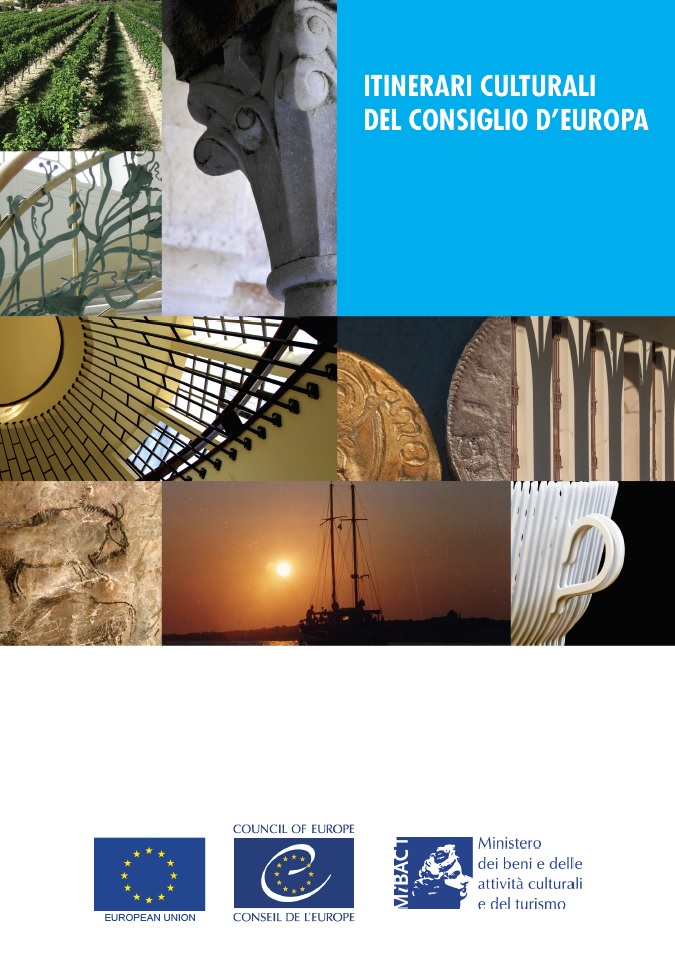 |
Itinerari culturali del Consiglio d'Europa Gli Itinerari Culturali dimostrano, attraverso un viaggio nel tempo e nello spazio, come il patrimonio e le culture di regioni europee diverse e distanti tra loro contribuiscano a un patrimonio culturale condiviso. Gli Itinerari Culturali mettono in pratica i principi fondamentali promossi dal Consiglio d’Europa: diritti umani, democrazia, partecipazione, identità e diversità culturale. Incoraggiano il dialogo interculturale, lo scambio e l’arricchimento reciproco attraverso le frontiere e i secoli. |
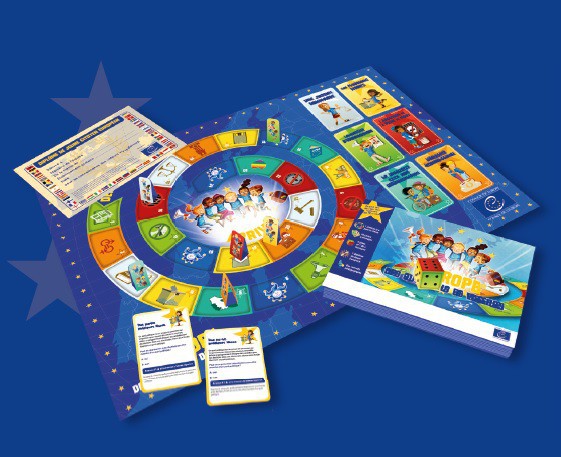 |
L’Europa: una questione di valori e i secoli Questa brochure contiene un gioco dell’oca rivolto agli studenti alla fine della scuola primaria e all’inizio di quella secondaria (8-12 anni) e delle pagine con le istruzioni su come prepararsi per questo gioco della scoperta, ma anche informazioni supplementari. Permette di condividere in classe un’attività ludica, riflettendo allo stesso tempo sui valori essenziali che permettono di vivere insieme nella società. |
